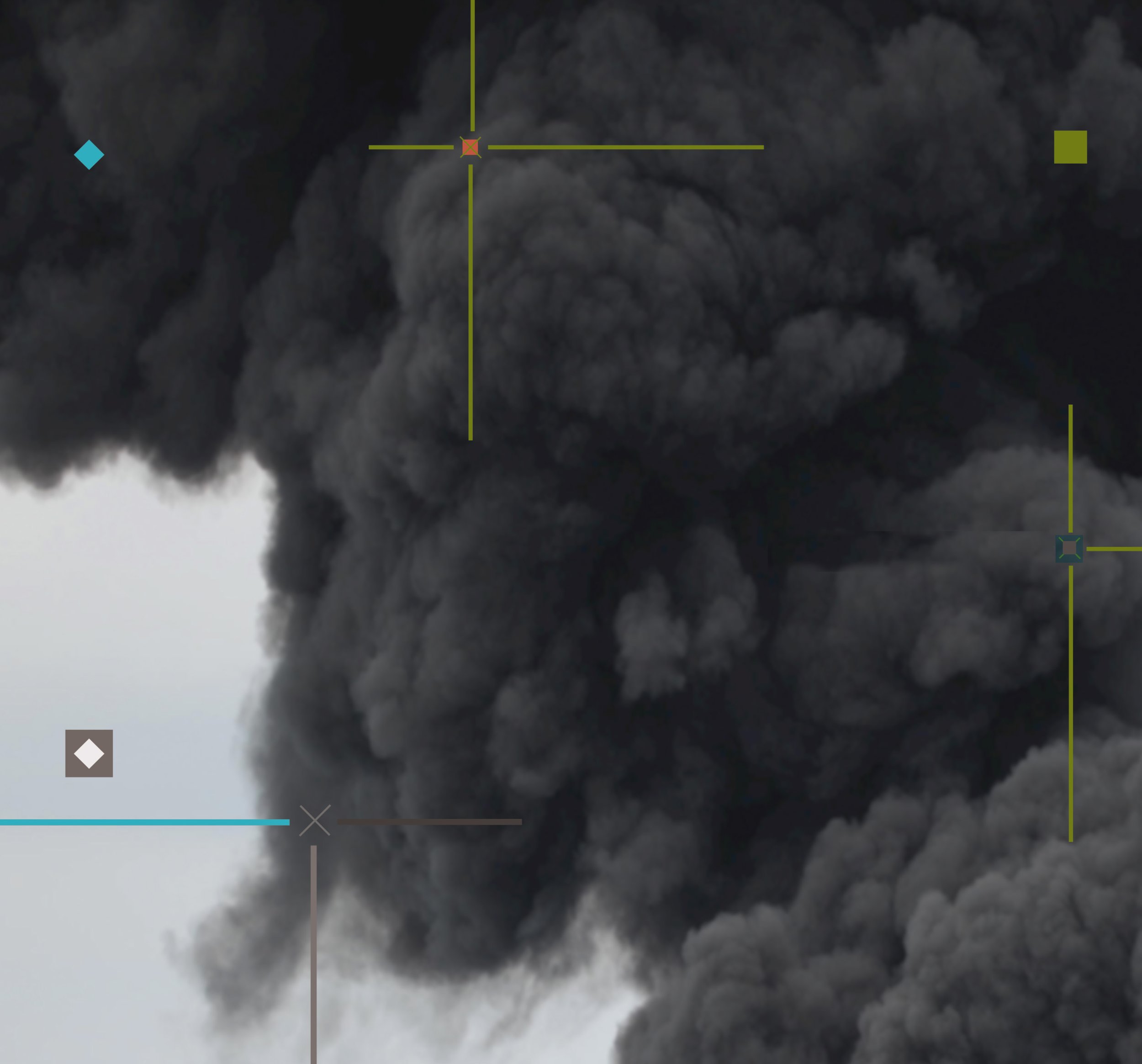
LYUBA YAKIMCHUK
Lyuba Yakimchuk was born in Pervomaisk, Luhansk oblast, in 1985. She is a Ukrainian poet, screenwriter, and journalist. She is the author of several full-length poetry collections, including Like FASHION and Apricots of Donbas, and the film script for The Building of the Word. Yakimchuk’s awards include the International Slavic Poetic Award and the international “Coronation of the Word” literary contest. Her writing has appeared in magazines in Ukraine, Sweden, Germany, Poland, and Israel. She performs in a musical and poetic duet with the Ukrainian double-bass player Mark Tokar; their projects include Apricots of Donbas and Women, Smoke, and Dangerous Things. Her poetry has been performed by Mariana Sadovska (Cologne) and improvised by vocalist Olesya Zdorovetska (Dublin). Yakimchuk also works as a cultural manager. In 2012, she organized the “Semenko Year” project dedicated to the Ukrainian futurists, and she curated the 2015 literary program Cultural Forum “Donkult” (2015). She was a scholar in the “Gaude Polonia” program of the Ministry of Culture and National Heritage (Poland). In 2015, Kyiv’s New Time magazine listed Yakimchuk among the one hundred most influential cultural figures in Ukraine.

From the Translator
Svetlana Lavochkina, author of ZAP
When asked what inspired her poems featured in this anthology, Lyuba told me that her poem “Knife” was born out of two revelations. The first during an everyday conversation when it struck her that the conjunction “that”, “ніж” in Ukrainian, sounded as sharp as its homophone “knife”. Also, she had so often heard the phrase “Hold on,” meant to encourage war weary Ukrainians, that this well-meant encouragement lost its efficiency. Words themselves were drained of their ability to comfort and support a person on and off the page.
Two visceral experiences brought Lyuba to write “Eyebrows”. While her family was living in her hometown, a place under continual gunfire, she found herself thinking what she would do if they died. “Those who have never been in such a situation would deem thoughts like this inappropriate,” she says. Some time ago, while perusing the archives of the futurist poet Mikhayl Semenko’s mother, Lyuba found a detailed description that appealed to her. A disinherited aristocratic woman in 1920s lights up a match, blows it out and paints her eyebrows black with the burned end. Out of these two components – ruminating on the possibility of her loved ones’ death, and painting the eyebrows with a burned match, she created a poem with eyebrows as mourning clothes.
A challenging element of Lyuba Yakimchuk’s poetry is the sharp rendering of her imagery, firmly rooted in Ukrainian word play. In “Knife”, in a murder’s stream of consciousness, Lyuba uses the word “мат” – cursing or swearing. However the Ukrainian concept of “мат” does not have the same intensity as the English word “curse.” Slavic swearing is an entire subculture, nearly a macabre language of its own. Here, the translator must take an imaginative U-turn. What exactly are the subtitles in a murderer’s mind when his hands wield a deadly weapon? Not necessarily four-letter words. It might also be something absurd, childish, or innocent – all invoked to help kill the pain of conscience, to dull empathy for the victim. In this case, the innocent cruelty of the last stanza of an English nursery rhyme “Oranges and Lemons”, closely convey what the poet was intending to say, putting all the absurdity, all the horror of the war in a nutshell.
Lyuba Yakimchuk’s poems reject indirect imagery by lexically turning the war, up full blast. Yet out of the din, as it often happens in rock music, there sprouts a delicate melody of understanding, tolerance and compassion.
